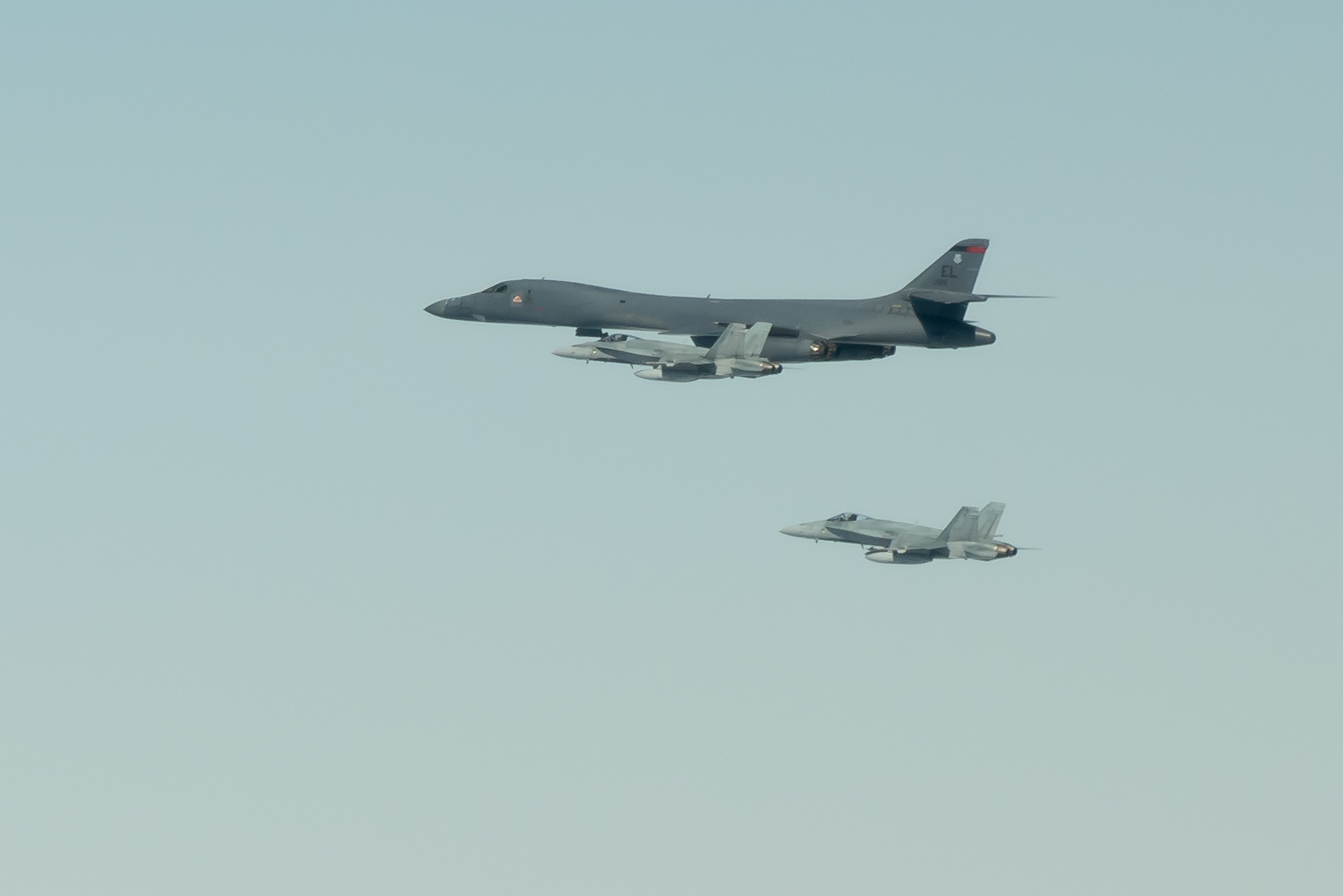October 27, 2023
After Syria airstrikes, what is the U.S. endgame?

In the overnight hours on Thursday, two United States F-16 fighter jets dropped their payloads on two locations in Eastern Syria. The targets: an ammunition and a weapons storage facility operated by Iran’s Islamic Revolutionary Guard Corps and Iranian-backed militia proxies. The precision airstrikes were retaliation for a series of rocket and drone attacks against U.S. military positions in Iraq and Syria (19 at the time of writing).
The Biden administration is holding Iran ultimately responsible.
The strikes come as the Israel-Hamas war continues to rage, with Israeli aircraft hitting hundreds of targets in Gaza every night and Hamas continuing to send a bevy of missiles into Israel. Hundreds of thousands of Israeli forces are ready to launch a ground operation in the Hamas-ruled enclave as soon as Prime Minister Benjamin Netanyahu gives the order. When that order comes is difficult to say; the U.S. has persuaded Israel to delay a ground operation until it can rush air defense systems into the region and accelerate negotiations with Hamas over hostage releases.
U.S. officials such as Secretary of State Antony Blinken and Defense Secretary Lloyd Austin have been the face of the administration’s policy on the war, explaining that Israel has the right to prosecute its military campaign against Hamas but also has an obligation to do so within the laws of war. Yet, in the grand scheme, the fighting in Gaza is a sideshow to the main event: preventing a wider escalation that would draw the U.S. and Iran into a direct conflict.
More on Middle East

By Jennifer Kavanagh and Dan Caldwell
June 28, 2025

By Rosemary Kelanic and Jennifer Kavanagh
June 25, 2025

Featuring Rosemary Kelanic
June 25, 2025
Events on Syria






